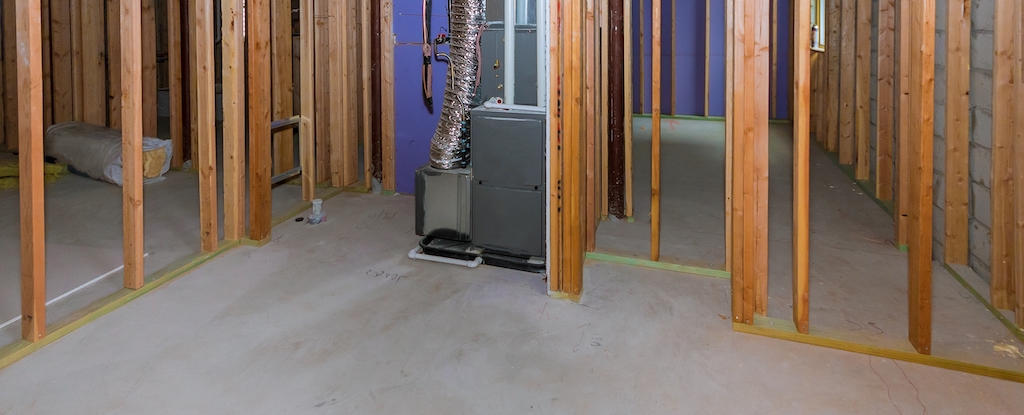5 Tips For Fixing A Leaky Basement
5 Tips For Fixing A Leaky Basement
A leaky basement is more than just an eyesore. It can lead to mold growth, respiratory illnesses, foundation damage, and expensive homeowners insurance claims! If your basement suffers from puddles and leaks during the rainy season in South Carolina, here are some things you can do to keep unwanted water out so you can stop the damaging effects of a leaky basement.
- Adjust the grading of your landscaping
Water will always seek the lowest point, and if that point is your basement, you’re going to end up with a leaky basement. The soil around your house should ideally slope away from your home, pointing rainwater away from your home and basement. If you have a grade that points toward your home, consider installing terraces to slow down water flow from your yard to give the rainwater a chance to soak into the ground before it gets to your basement. You can also increase the grade next to your home by adding a slope of dirt of rocks next to your foundation (but not too high, which can encourage termite colonies to enter your home).
- Clean your gutters
When your gutters and downspouts are functioning properly, they should direct water away from your home and out into your yard or down the sewer. But when they are clogged with leaves and debris, all the water they catch can overflow and go straight where you don’t want it – down your walls and into your basement. Clean your gutters at least twice a year, and more often if your home is surrounded by trees.
- Invest in exterior damp proofing
When a home is built with a basement, typically the builder will install damp-proofing tar and/or sheet plastic to keep water from leaking through your basement walls and into your basement. However, this wasn’t always done on older homes, and even in newer homes, that damp-proofing can become damaged and stop working. Have a professional come and inspect the damp proofing around your basement and repair or replace as needed.
- Add a dehumidifier
Even if you can’t see puddles in your basement after a rainstorm (and even if you can) all that extra humidity in your basement can lead to mold, mildew, rotten floor joists, allergies, and respiratory illness for your family. Consider adding a dehumidifier in your basement that either runs constantly or switches on and off automatically when the moisture level in the basement becomes too high. A dehumidifier can dramatically lower the humidity in your basement.
- Improve interior and exterior drainage
When it comes to dealing with water, while you can’t control the rain, you can control where it goes. Inside your basement, add a drain that allows water that gets into your basement to funnel either outside or into your sewer lines. Outside your home, create drainage ditches or French drains that direct water away from your home and either out into the yard far away from your home or into your city sewer drains. These tasks should be undertaken by a professional.
Is your homeowners insurance ready for the rainy season?
Edwards Insurance Agency in Taylors, SC, helps residents all over South Carolina and the southeast protect their largest investment with homeowners insurance. Give us a call today!





